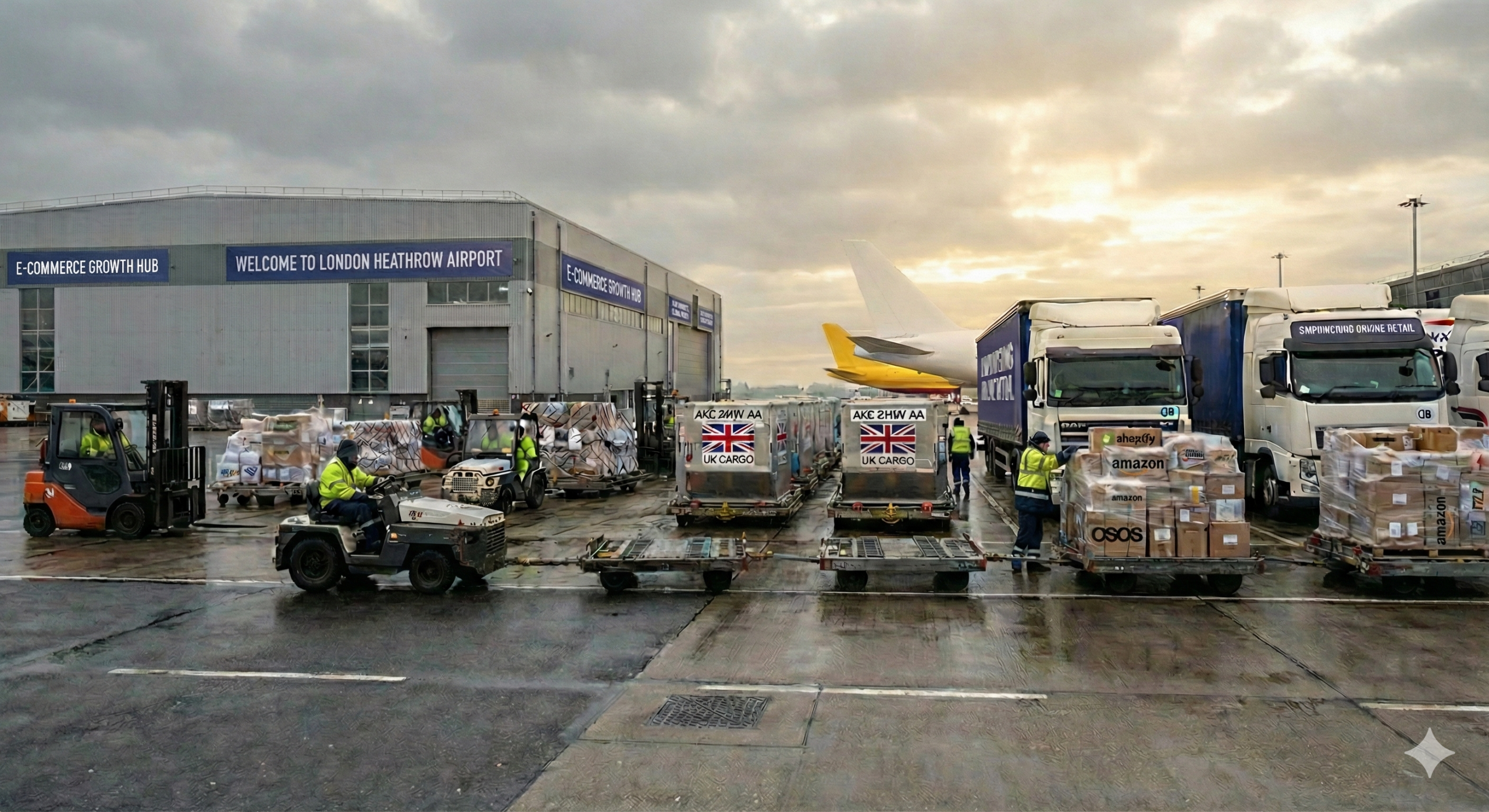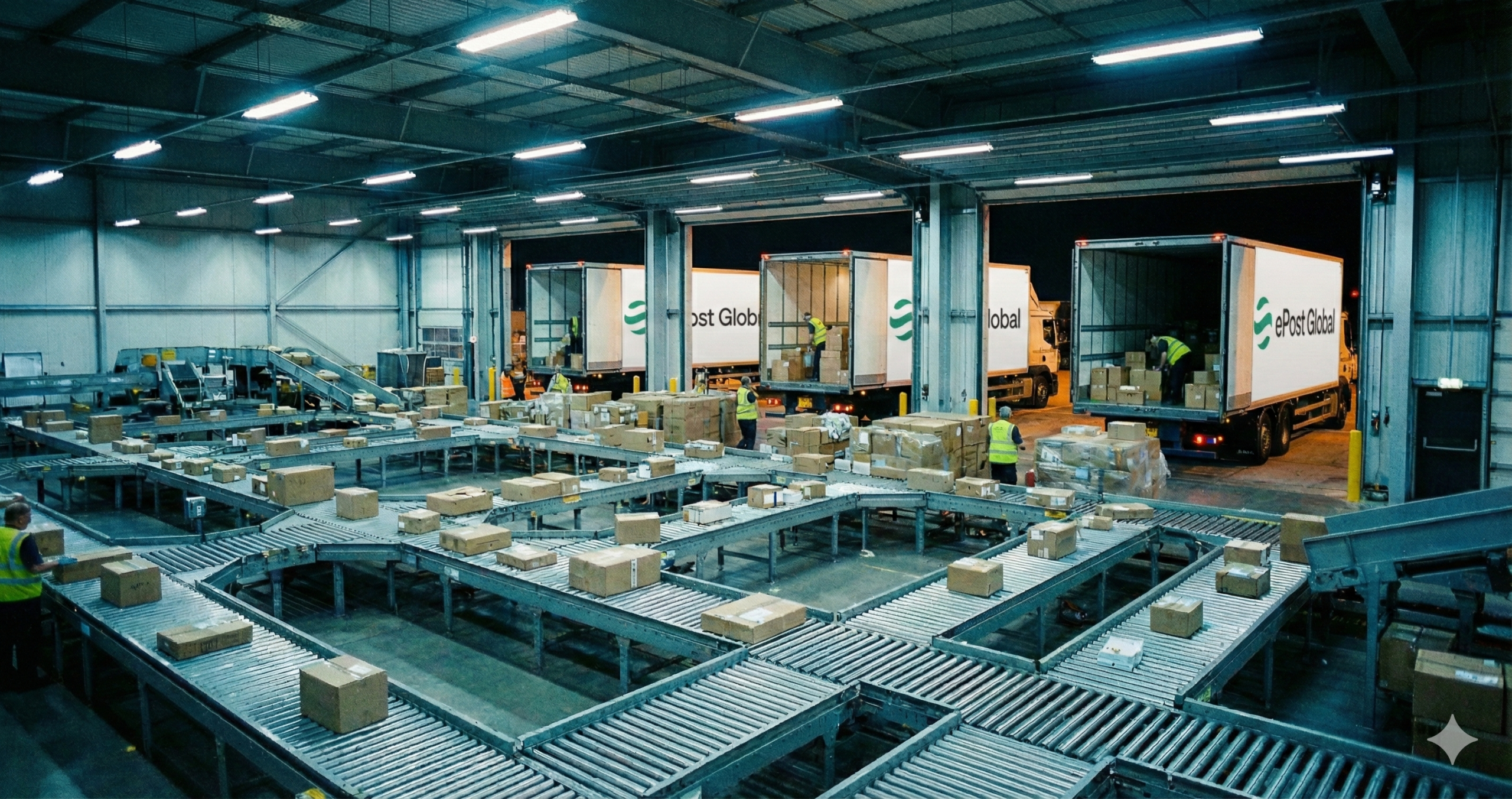Navigating Supply Chain Disruptions Amid Canadian Postal Workers Strike
As the holiday season ramps up, the Canadian Union of Postal Workers (CUPW) strike has added new complexities to an already demanding peak shipping period. With over 55,000 postal workers across urban, rural, and suburban areas off the job, businesses that rely on Canada Post are facing significant disruptions. The strike, now in its fifth day, stems from disputes over wages, working conditions, and proposed changes to pension plans, with both sides returning to the bargaining table accompanied by a mediator.
In a recent Supply Chain Matters article, Alison Layfield, ePost Global’s Director of Product Development, highlighted the far-reaching impact of the strike.
“The Canada Post strike underscores the challenges businesses face in managing logistics during peak seasons,” Layfield explains. “While alternative carriers have grown since 2018, today’s higher shipping volumes mean even private networks risk bottlenecks. Larger companies may have contingency plans, but smaller businesses and rural consumers remain especially vulnerable without affordable delivery options. This strike is a clear reminder of the need for flexibility and resilience in supply chains as we enter the critical holiday shopping period.”
The timing of the strike raises concerns for businesses, especially small retailers and rural communities, which depend on Canada Post for cost-effective delivery solutions. While some have turned to private carriers, the sheer demand during the holidays could lead to bottlenecks and delayed deliveries.
For more insights on the Canadian postal strike and its impacts on supply chains, read more here.



